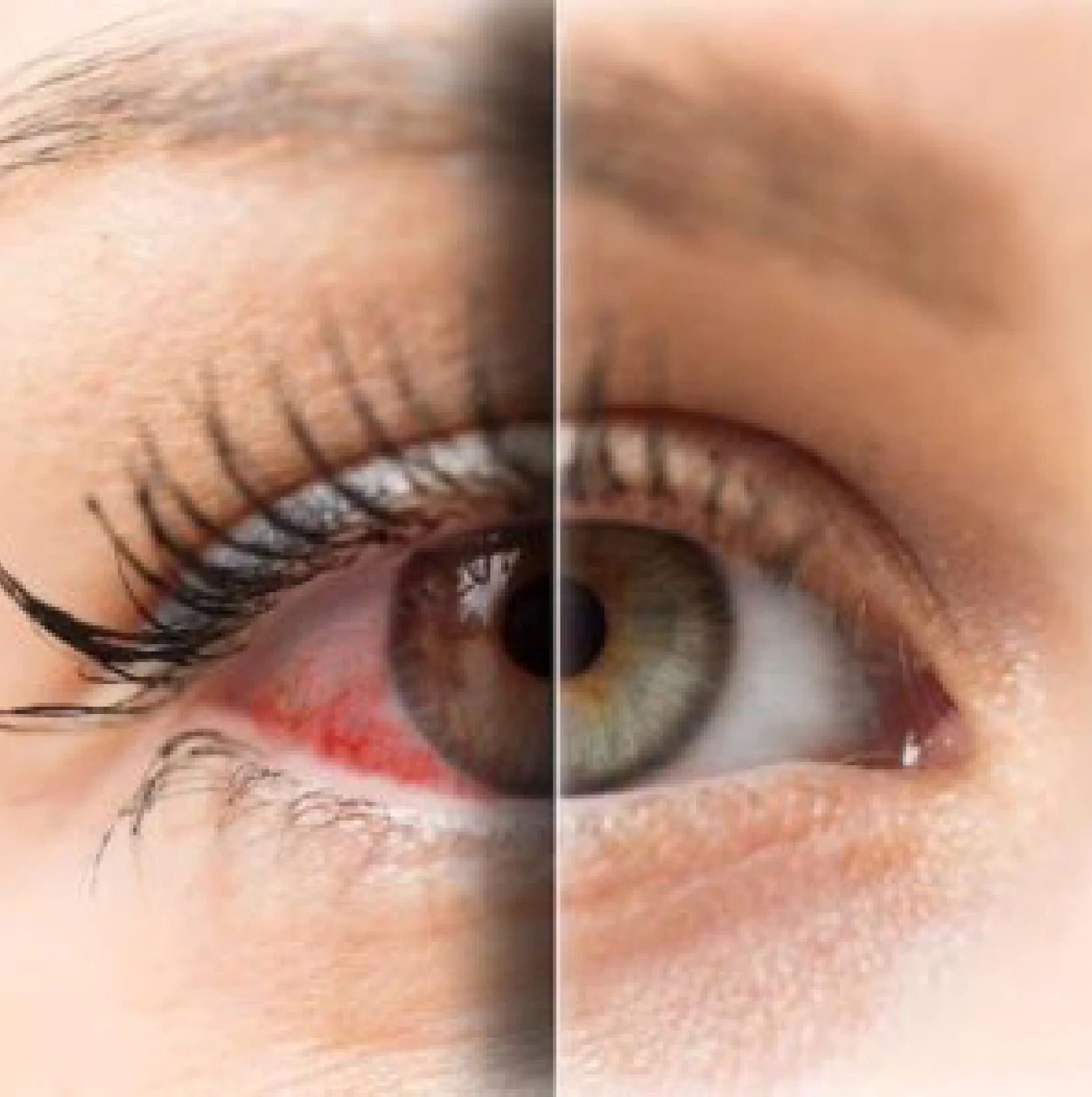
Department of Ophthalmology(Eye Care)
Welcome To Gangasheel Hospital
What is Glaucoma ?
Glaucoma is a group of eye diseases that damage the optic nerve. The optic nerve carries visual information from the eye to the brain and is essential for good vision. Optic nerve damage is often associated with elevated intraocular pressure. However, glaucoma can also occur with normal eye pressure.
Glaucoma can occur at any age, but is more common in older people. It is the number one cause of blindness in people over the age of 60.
Many forms of glaucoma have no warning signs. The effects are so gradual that changes in vision may not be noticed until late in the disease.
It is important to have regular eye exams, including measuring intraocular pressure. Early detection of glaucoma can delay or prevent vision loss. Glaucoma requires lifelong treatment and follow-up.
- These procedures help identify and treat glaucoma in its early stages. This can prevent vision loss or slow its progression.
- See your eye doctor for regular check-ups. Regular, comprehensive eye exams can help detect glaucoma in its early stages, before more extensive damage occurs. A comprehensive ophthalmologic examination is recommended every time. If he is 40-54 years old he every 2-4 years. If he is 55-64 years old he every 1-3 years. Every 1-2 years for those 65 and older.
- If you are at risk for glaucoma, you should get tested more often. Ask your doctor to recommend a screening schedule that works for you.
- Check your family's eye health. Glaucoma tends to occur in families. If it is at risk, it should be checked more often.
- Wear eye protection. Severe eye damage can lead to glaucoma. Wear eye protection when using power tools or playing sports.
- Take prescribed eye drops regularly. Glaucoma eye drops can significantly reduce the risk of high eye pressure progressing to glaucoma.
Causes of Glaucoma
Fluid in the eye called aqueous humor normally drains from the eye through a mesh tube. Fluid builds up when this duct becomes clogged or the eye produces too much fluid. Even experts may not know the cause of this blockage. But it can be inherited, meaning it is passed down from parent to child. Less common causes of glaucoma include blunt or chemical damage to the eye, serious eye infections, blockage of blood vessels in the eye, and inflammatory conditions.Although rare, correcting another condition Eye surgery to remove it may be the cause. It usually affects both eyes, but one eye can be worse than the other.
Most people with open-angle glaucoma have no symptoms. When symptoms appear, they are usually late in the disease. For this reason, glaucoma is often referred to as the "sight thief." The main symptom is usually loss of lateral or peripheral vision.
Symptoms of angle-closure glaucoma usually appear earlier and are more obvious. Damage can occur quickly. Seek immediate medical attention if you have any of these symptoms:
- Seeing a halo.
- Vision problems.
- Red eyes.
- Cloudy eyes (especially in infants).
- Ppset stomach or vomiting.
- Eyes pain.
Open-angle glaucoma is most commonly treated with a combination of eye drops, laser trabeculoplasty, and microsurgery. Doctors usually start with medication, but some people do better with early laser or microsurgery.
Yes, Glaucoma treatment is available in Bareilly at Gangasheel Hospital by the team of expert Ophthalmologists in the city.
